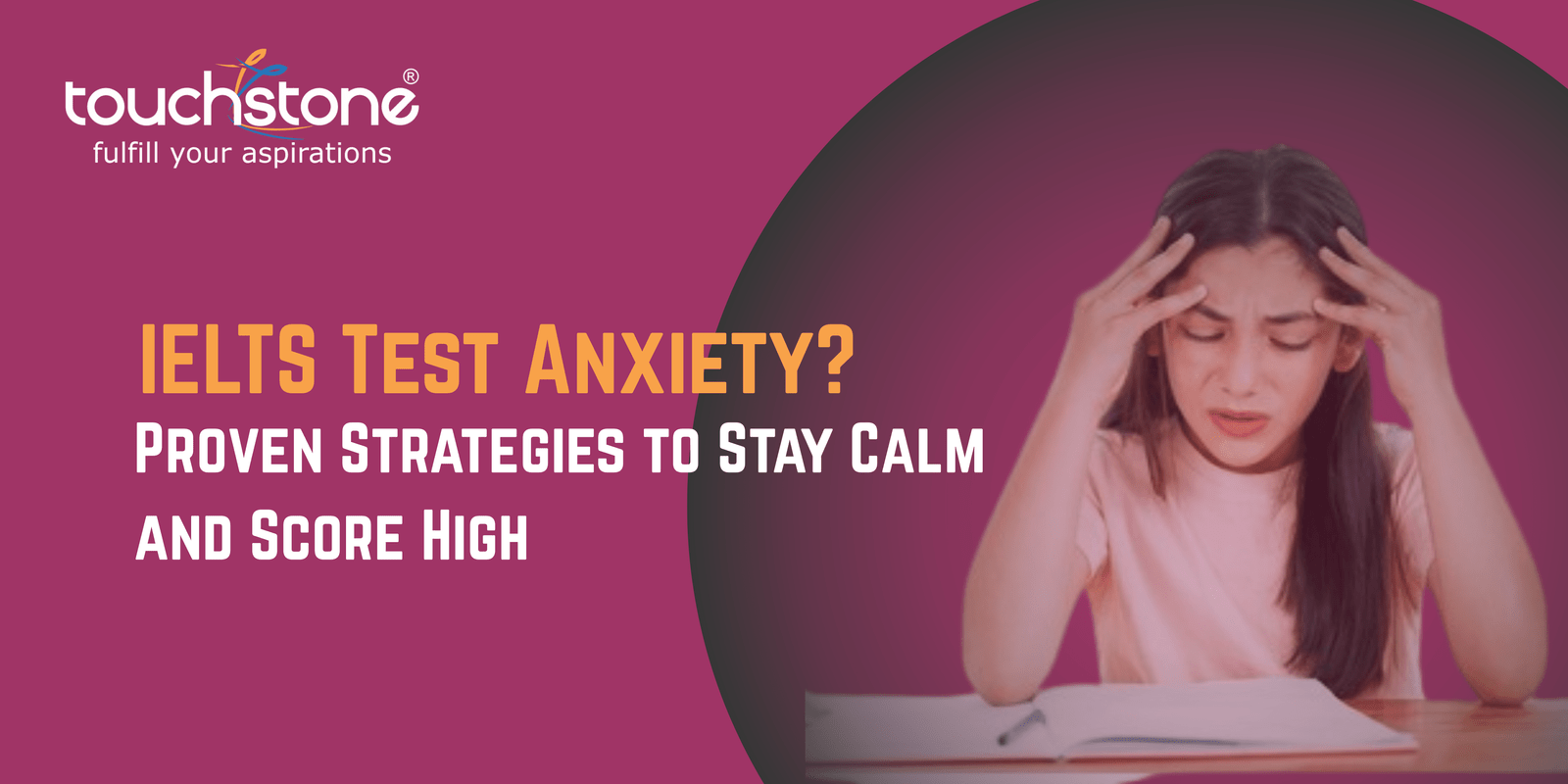The International English Language Testing System (IELTS) is one of the most widely used English language tests. The test consists of 4 sections, namely: Reading, Writing, Speaking, and Listening. It is designed for people who want to study or work in English speaking countries.
Prospective candidates, who are applying to study in universities/colleges abroad, will be asked to take the IELTS test.
This article is for those candidates who want to study or work abroad.
The 3 things you must know before taking the IELTS test:
Why should you take it?
The test is jointly owned by IDP and the British Council, and is the most preferred English proficiency test for universities/colleges in Australia, Canada, New Zealand, Ireland, Britain, and South Africa. The test is also accepted by many schools in the USA, and other English language programmes in many countries around the world. In addition to this, if you want to apply for a work visa abroad, you will be asked to take the test and score the required bands. So, to successfully achieve your goal of studying/working abroad, you need to take the test.
What is the required band score?
IELTS test takers are given a score in the form of bands on a scale ranging from 1 to 9 for each section of the test. The average score from the 4 sections is further used to determine the overall band score. The candidates should know the band score required by the country/university/college, in which they are seeking to apply for work or further education.
How should you prepare?
A great way to prepare for IELTS is by constantly practising the 4 sections, namely: Speaking, Reading, Writing, and Listening. It is recommended that the candidates take the available online free test practice sessions, as these enhance the skills of the candidates in all 4 sections. They should get acquainted with the test format before taking the final test.
There are many apps available these days that help in enhancing English language skills. The candidates can use such apps to enhance their skills in listening, reading etc. In addition to this, the candidates should also focus on enhancing their vocabulary and spellings.
They may also take the help of coaching institutes which specifically focus on IELTS preparation. These institutes assist the test takers by keeping them informed about all the latest updates and required practice for successfully taking the test and scoring good bands.





